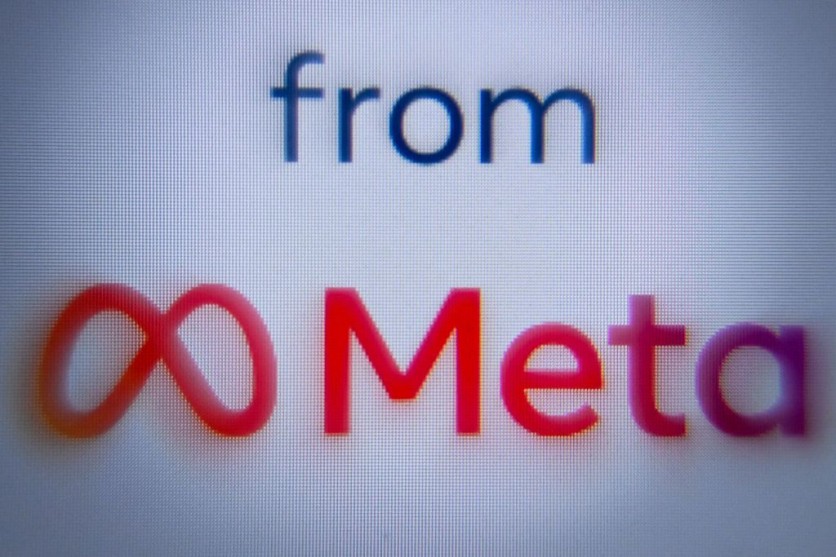TSB Bank, a leading commercial bank in the U.K., is now warning clients about the rise of Get-Rich-Quick scams on Meta-owned platforms.

The financial firm's analysis revealed that fraud cases within its three largest fraud categories are coming from WhatsApp, Facebook, and Instagram.
Specifically, around 80% of these malicious campaigns come from the mentioned Meta-owned online platforms. TSB Bank's latest analysis covers its own internal data over the past two years.
TSB Bank Warns About Get-Rich-Quick Scams on Meta-Owned Platforms!
According to Sky News' latest report, TSB Bank claims that purchase, impersonation, and investment scams are becoming more rampant on Meta-owned platforms.

Because of this, the commercial bank is now warning users to avoid random messages from unknown contacts claiming to be their friends, family members, or relatives.
TSB Bank suggested directly contacting these unknown individuals before sending any money to them.
Aside from this, TSB Bank also advised using recognized investment platforms instead of Facebook, WhatsApp, and Instagram.
As of writing, TSB Bank is urging social media firms to remove scams on their platforms. "Social media companies must urgently clean up their platforms to protect the countless innocent people who use their services every day," said TSB Director of Fraud Prevention, Paul Davis.
"In the meantime, we are urging the public to remain cautious of potential scam content - and to spread the word to help protect those around you," he added.
How to Spot Get-Rich-Quick Scams?
MakeUseOf explained that Get-Rich-Quick scams are malicious campaigns offering unrealistic return rates for investments.
These financial scams are usually spread through cold calling, spam emails, social media ads, and social media messages.
To help you identify them, here are some red flags you need to look out for:
- Offering money in exchange for access to your account.
- Asking for bank information.
- Asking for financial transactions, such as transfers, withdrawals, etc.
- Offering an unrealistic earning.
If you want to learn more about these Get-Rich-Quick scams, you can click here.
Here are other stories we recently wrote about scams:
In 2021, security researchers warned about crypto scammers who are using Google ads to siphon money. We also reported about a previous study, which claimed that Facebook's reactive approach against fraudulent content was a failure.
For more news updates about scams and other security threats, always keep your tabs open here at TechTimes.

![Apple Watch Series 10 [GPS 42mm]](https://d.techtimes.com/en/full/453899/apple-watch-series-10-gps-42mm.jpg?w=184&h=103&f=9fb3c2ea2db928c663d1d2eadbcb3e52)



